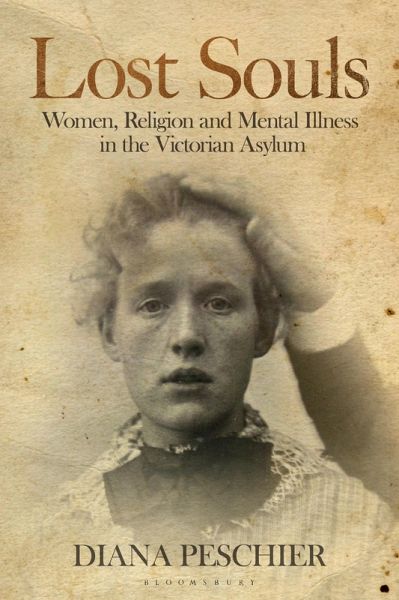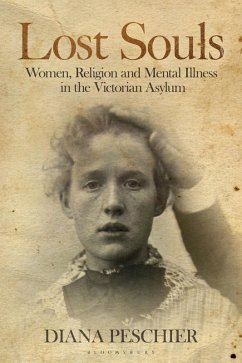
Lost Souls (eBook, PDF)
Women, Religion and Mental Illness in the Victorian Asylum
Versandkostenfrei!
Sofort per Download lieferbar
91,95 €
inkl. MwSt.
Weitere Ausgaben:

PAYBACK Punkte
46 °P sammeln!
How did the Victorians view mental illness? After discovering the case-notes of women in Victorian asylums, Diana Peschier reveals how mental illness was recorded by both medical practitioners and in the popular literature of the era, and why madness became so closely associated with femininity. Her research reveals the plight of women incarcerated in 19th century asylums, how they became patients, and the ways they were perceived by their family, medical professionals, society and by themselves.













